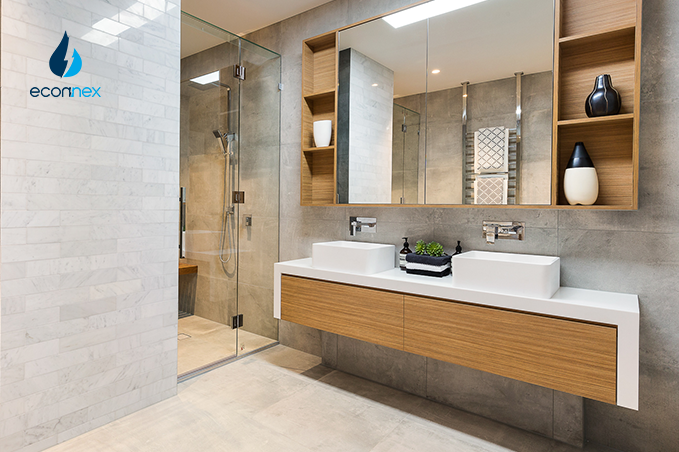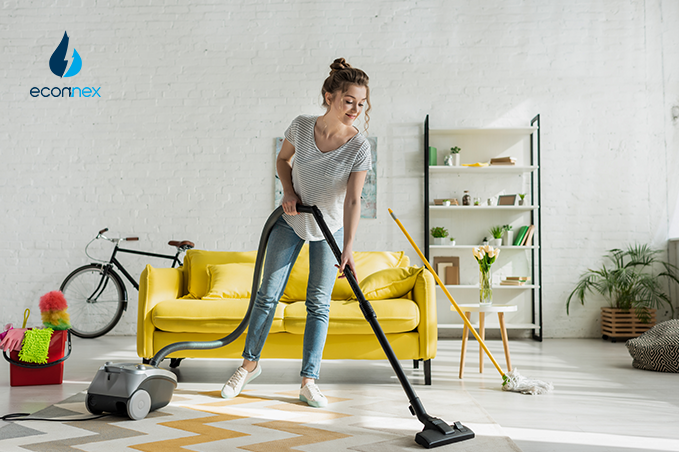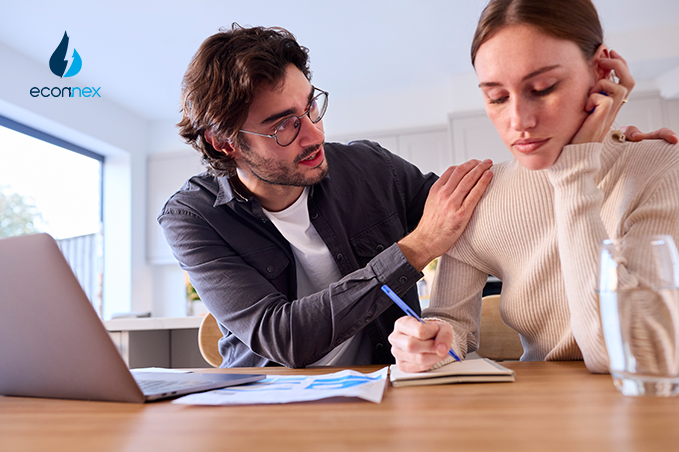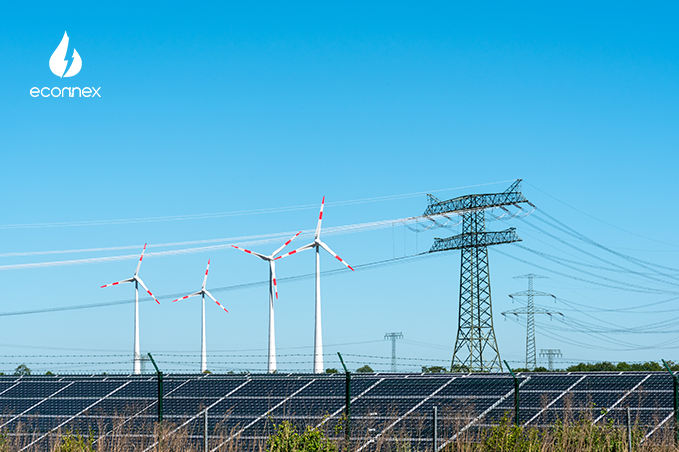Learn how Australia supplies electricity to home appliances. Discover the process of generating home electricity via the grid to keep the nation powered up.
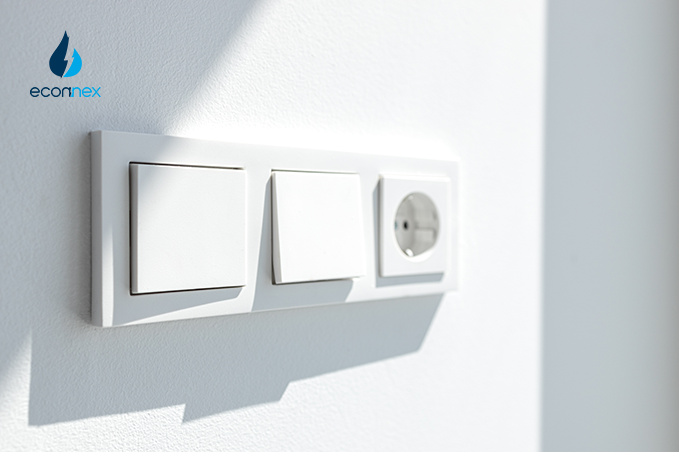
Published on 21/03/2024
By William Walton
Energy Comparison
Most of our daily routines involve electricity in some way, shape, or form, from switching the lights on to reheating food. All these activities need an essential energy source, and it has a long distance to travel before electricity reaches our home. So how exactly does home electricity get delivered?
The electricity grid is a connected network for delivering electricity to home appliances, from producers to consumers. It consists of transmission and distribution networks. These networks allow the transportation of electricity across distances to every home.
Based on the National Electricity Market, there are more than 40,000 km of transmission lines and cables around the country.
Australia's electricity grid, extending approximately 4,500 km across the eastern and southern states, stands out for its efficiency in transmission and distribution. Some regions, such as Western Australia (WA), the Northern Territory (NT), and localised areas like Mount Isa in Queensland, operate their independent networks for home electricity.
Check - Energy Sucker Home Appliances
This extensive network is characterised by relatively low transmission and distribution losses, which indicates its efficiency in providing electricity to home appliances. Compared to some countries where losses can be significantly higher, Australia's electrical grid demonstrates an efficient system with losses of around 5%. This figure aligns with that of more developed countries, showcasing the effectiveness of Australia's infrastructure in minimising energy wastage during transmission and distribution.
Understanding that these losses represent the energy lost as electricity travels from power plants to end-users is crucial. A lower percentage of loss signifies a more efficient grid, meaning that a more significant portion of the generated electricity is utilised by consumers for home electricity, thus reflecting on the grid's overall efficiency and reliability.
As home electricity travels from its source to your street, it’s transported via different infrastructure. Some of these touchpoints as we follow the voyage of electricity to home appliances include:
Technically, an electricity retailer is not part of the electricity generation process. However, it plays an essential role in the energy market. Retailers buy electricity from distributors and resell it to businesses and households. Electricity retailers are responsible for billing. Also, it’s part of their job to maintain the consumer’s account.
Switching electricity retailers can lead to significant savings and more tailored energy solutions for consumers. By comparing various plans, consumers can find options that best fit their usage patterns and budget. Additionally, some retailers offer renewable energy plans, allowing consumers to support green energy initiatives. Regularly reviewing and adjusting your electricity plan ensures you're not overpaying for services and taking advantage of the best deals in the constantly evolving energy market.
As a consumer, it is a good idea to shop around regularly. Switch retailers to enjoy the most competitive energy plans.
Let Econnex do the work for you and start saving money today.
